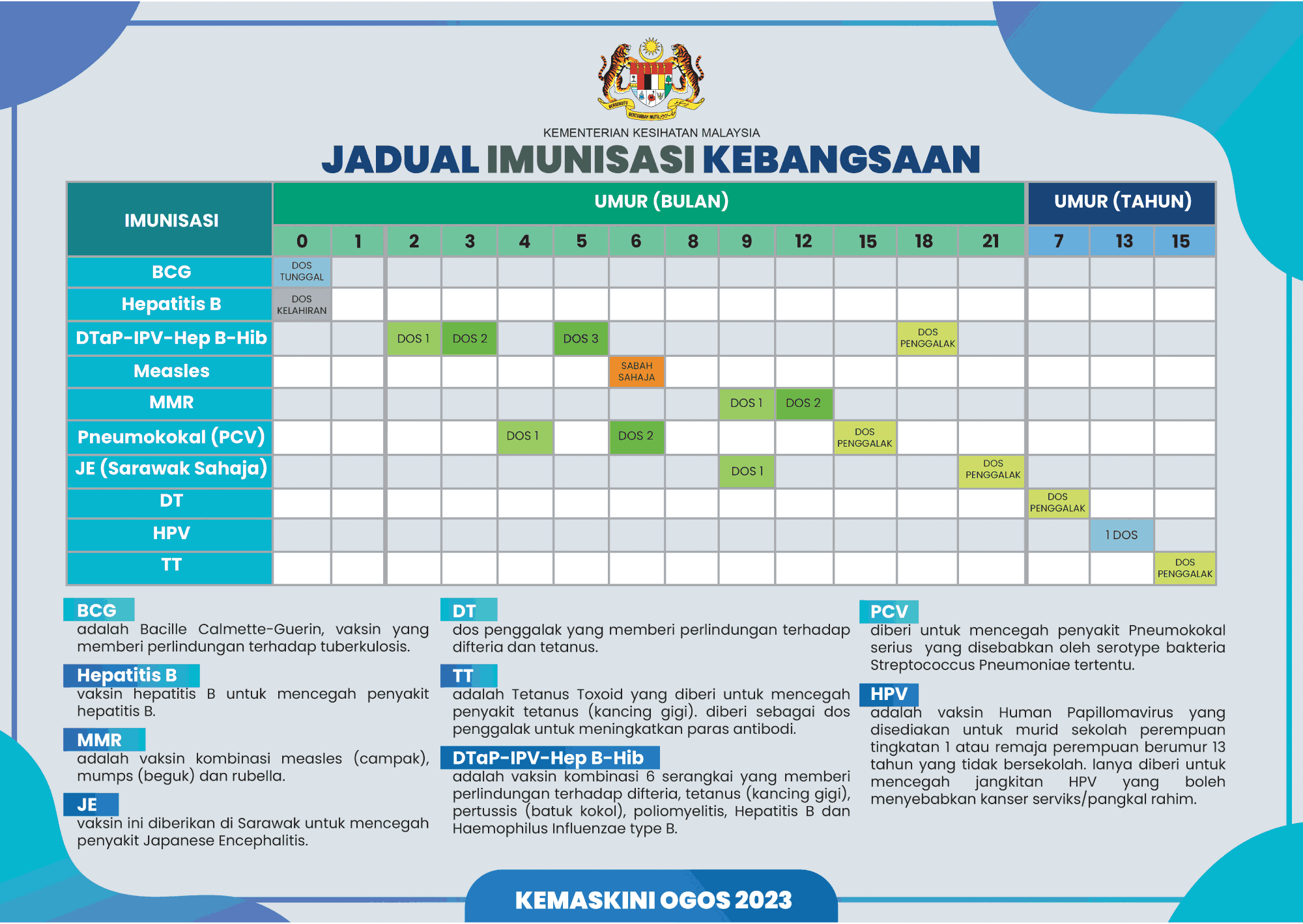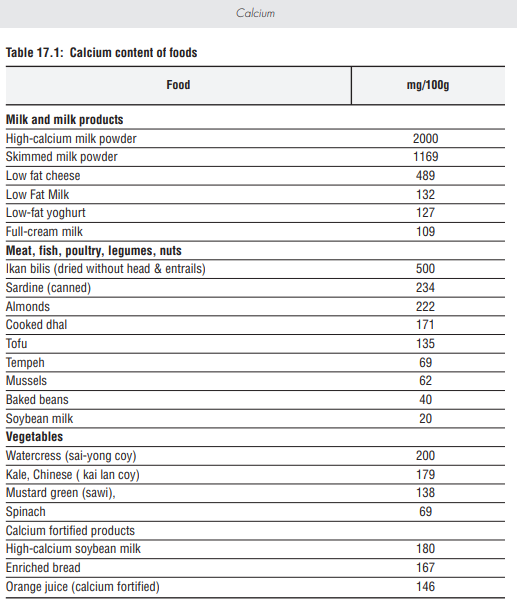According to study from National Health Morbidity Survey (NHMS), 95% of Malaysians do not eat enough vegetables daily! That is three serving per day (1).
This is not surprising, since in Malaysia if we look around us, we are still lacking healthy food option. For your information, the nationwide study mentioned above was conducted among adult above 18 years old (1). From this study you may deduce that how can our younger generation be able to consume vegetables if their parents or adults around them do not consume it?!
Anyone knows that the best food rich with all the micronutrients, macronutrients, and antioxidants are coming from plant-based food. Many studies have tried to use plant-based diet as an intervention method for various kind of diseases especially chronic diseases, and it works wonder! Thus, instead of using plant-based diet as an intervention when people are already sick, why not cultivate the habit of eating vegetables and fruits since young. The stigma that healthy food is not palatable and not delicious is way too yesterday for our brand-new generation. As an exemplary adult, we need to portray that eating healthy food and living a healthy lifestyle is the new cool!

Now, if you are parents or caregivers below are some tips you may try to make your children love vegetables. Remember, however it all start with you, you first must cultivate it then it will be easy peasy lemon squeezy for your children!
Tips #1 (2)
Provide fruits and vegetables as snacks. Keep fruit washed, cut up and in plain sight in the refrigerator. You may also make it compulsory for your family to eat vegetables every family time, it can be as simple as salad with dressings. You also can try and be creative by including at least one leafy vegetable for vitamin A such as spinach, broccoli, winter squash, and greens. As for fruits, try to include at least one vitamin C rich fruit such as guava, oranges, melon each day. You may also add vegetables as sides ingredients in your noodles, pasta, fried rice, cereals etc. If you are eating out, order vegetarian’s menu or simply greens in every meal either as side dish or as main, will also help!
#Tips 2 (2)
Another thing that you can start doing is when you buy your food stock. Includes your child fruits and vegetables preference when buying groceries. When shopping for food, start in the area of fresh fruits and vegetables. Avoid buying high-calorie foods such as chips, cookies, and candy bars. Your child may not ask for these treats if they are not in sight. Limit or eliminate how much fruit juice you give your child and make sure it is 100% juice, juice ‘drinks’ with plenty of sugar. Eat together whenever possible also helps in cultivating healthy food habit, since research shows that kids eat more vegetables and fruits and less fried foods and sugary drinks when they eat with their entire family.
#Tips 3 (3)
You may also try to consume kids’ friendly veggies and fruits recipe. Include your child in the process of making, will also help in making them interested with fruits and vegetables. These are some of things you can try in order to make your child enjoy vegies;
Smoothies creations, you can blend yogurt or milk fruit pieces and crush ice. Use fresh fruits in the smoothie, you may use fruits like bananas, berries, peaches, and/or pineapple. If you freeze the fruit first, you don’t even have to use ice!

Delicious dippers, this is something that you can try to create at home, make your own salad dressings using herbs or garlic. Serve the dressings with raw vegetables like broccoli, carrots, or cauliflower. Fruit chunks go great with yogurt, cinnamon, and vanilla dip!
Personalized pizza is also something that you can create at home, you may use pita bread as the crust, or you can also buy the ready to eat pizza crust, and prepare variety kind of vegetables for the pizza. Vegetables like, bell pepper, broccoli, mushrooms, spinach, all sorts. Let your kids explore the ‘cooking’ and eat together will help in cultivating the habits of eating vegetables.

Caterpillar kabobs assemble chunks of melon, apple, orange, and pear on skewers for a fruity kabob. For a raw veggie version, use vegetables like zucchini, cucumber, squash, sweet peppers, or tomatoes.

In conclusion,
You can try and be creative as much as you can to develop your child habits of eating vegetables and fruit, but the most important one would be you have to be the role model yourself!
References
- National Health Morbidity Survey (NHMS) (2019). Ministry of Health Malaysia (MOH).
- American Academy of Paediatrics (AAP). Healthy Children Organization. How to get your child to get more fruits and veggies.(Latest update 27/8/2020.
- United States Department of Agriculture (USDA). 10 Tips: Kid-friendly veggies and fruits. https://www.choosemyplate.gov/ten-tips-kid-friendly-veggies-and-fruits (Accessed on November 5, 2020).











































